You step on the scale Tuesday morning: 152 pounds. Great progress.
Wednesday morning, same routine, same time: 155 pounds.
Wait, what? You ate well yesterday. You worked out. How did you gain three pounds overnight?
If this scenario stresses you out, you're not alone. Scale anxiety is real, and it's one of the most common frustrations we see with our weight loss coaching in Irvine. The number bouncing around can make you question everything: your training, your nutrition, your entire approach.
Here's the truth: those fluctuations are completely normal. They're not fat gain. They're not failure. They're just your body doing what bodies do.
At Hideout Fitness, our approach to women's weight loss in Irvine focuses on helping you understand these changes so the scale doesn't control your mood or derail your progress. Let's break down what's actually happening.
Coach Chay, our Wellness Warrior and women's fitness specialist in Irvine, sees this pattern constantly. Women step on the scale at the worst possible times, see a higher number, and spiral. Here are the times when weight fluctuations are most misleading:
1. Late luteal phase or on your period
Hormones during these phases cause water retention, bloating, and slower digestion. It's completely normal to see 2-5 pound increases that have nothing to do with fat gain. Your body is just holding onto more water temporarily.
2. After a workout
This one confuses people the most. You just trained hard, shouldn't you weigh less? Nope. Muscle inflammation pulls water into the tissue to repair, which is good. It's how you recover and get stronger. But we'll see weight goes up before it goes down.
3. After traveling
Poor sleep, sitting for long periods, stress, and different foods all cause temporary fluid and digestion shifts. Flying especially causes water retention. Give your body a few days to normalize after travel.
4. After eating out or carb-heavy meals
Carbs and sodium help your body store water through glycogen storage. That's water weight, not fat gain. A single restaurant meal can add 2-3 pounds overnight from sodium alone.
5. When digestion isn't regular
Bloating, constipation, or slowed digestion means more volume in your system. It's not body fat, it's literally just food and waste that hasn't moved through yet.
Your body weight can swing 2-5 pounds in a single day. For some people, even more. Here's what causes those daily weight fluctuations:
- Water retention from sodium: When you eat more salt than usual, your body holds onto water to dilute that sodium. One high-sodium meal can add 2-3 pounds overnight. It typically normalizes within 24-48 hours.
- Muscle inflammation and recovery: After strength training, your muscles experience micro-tears (this is good, it's how they grow). Your body sends water and nutrients to those muscles to repair them. Post-workout weight gain of 1-3 pounds is normal and temporary.
- Hormones and the menstrual cycle: Estrogen and progesterone fluctuations affect water retention throughout your cycle. The week before your period, it's normal to see a 3-5 pound increase. This drops off once your period starts.
- Carbohydrate intake and glycogen: Your body stores carbs as glycogen in your muscles and liver. Each gram of glycogen stores 3-4 grams of water. If you eat more carbs than usual, you'll see temporary weight increases from glycogen and water storage.
- Digestion and gut content: The food you ate yesterday hasn't left your system yet. If you weigh yourself in the morning, you're weighing that food too. This can add 1-2 pounds easily.
- Stress and cortisol: High stress increases cortisol, which promotes water retention. If you're stressed about work, sleep-deprived, or over-training, cortisol can cause weight to stick around temporarily.
Understanding these factors makes the scale less scary. When you see a jump, you can usually identify why.
Here's something critical for our body composition training in Irvine: the scale doesn't tell you what you're made of.
Scale weight includes:
- Actual body fat
- Muscle mass
- Water (which fluctuates constantly)
- Food and waste in your digestive system
- Bone density
- Organ weight
Body composition focuses on:
- Body fat percentage
- Lean muscle mass
- How those ratios change over time
You can lose fat and gain muscle simultaneously, which means the scale might not move much, but your body composition is improving dramatically. Your clothes fit better. You look leaner. You're stronger.
This is why we emphasize fat loss vs weight loss with our Irvine fitness coaching approach. The number on the scale is just one data point. It doesn't capture strength gains, muscle development, or how you actually look and feel.
If daily weigh-ins stress you out, here are more reliable ways to track progress:
- Weekly average weight: Instead of obsessing over daily numbers, weigh yourself every morning for a week and calculate the average. Compare weekly averages to see actual trends. This smooths out daily fluctuations and gives you accurate data.
- Body measurements: Measure waist, hips, chest, arms, and thighs monthly. These numbers often drop even when scale weight stays the same, especially if you're building muscle through small group training in Irvine or personal training.
- Progress photos: Take photos every 2-4 weeks in the same lighting, same clothes, same poses. Visual changes often show up before scale changes, particularly with body recomposition.
- How clothes fit: This is one of the most honest indicators. If your jeans are looser, you're making progress, regardless of what the scale says.
- Strength and performance: Are you lifting heavier? Running faster? Doing more reps? These are victories that matter more than scale weight. Functional fitness improvements mean you're building muscle and losing fat.
- Energy and mood: Feeling better, sleeping better, and having more energy throughout the day are huge wins. They don't show up on a scale, but they dramatically improve your quality of life.
Our meal prep for weight loss approach combined with consistent training produces these exact results: sustainable fat loss without obsessing over daily scale fluctuations.
At Hideout Fitness, our weight loss gym in Irvine takes a different approach than typical fitness centers in Irvine. We focus on sustainable weight loss through education, not restriction.
What makes our approach different:
We teach you why weight fluctuates so you don't panic when the scale jumps. We track multiple metrics: body measurements, strength gains, how you feel, and energy levels. We help you understand the difference between water retention vs fat gain so you can make informed decisions.
Our personal training in Irvine combines strength training, proper nutrition guidance, and realistic expectations. We're not interested in quick fixes that don't last. We're building long-term results.
Working with our Orange County fitness coaching team
Whether you train one-on-one or in small group training, we customize everything to your body, your schedule, and your goals. We account for your menstrual cycle, stress levels, sleep quality, and life circumstances.
Coach Chay, our Wellness Warrior, specifically works with women navigating hormones and weight fluctuations. Her approach addresses the mental and emotional side of weight loss, not just the physical. Because honestly, dealing with scale anxiety is half the battle.
If you've been frustrated by the scale, feeling like you're doing everything right but not seeing results, it's time for a different approach. Our Irvine weight loss programs focus on what actually matters: losing fat, building strength, and feeling confident in your body.






















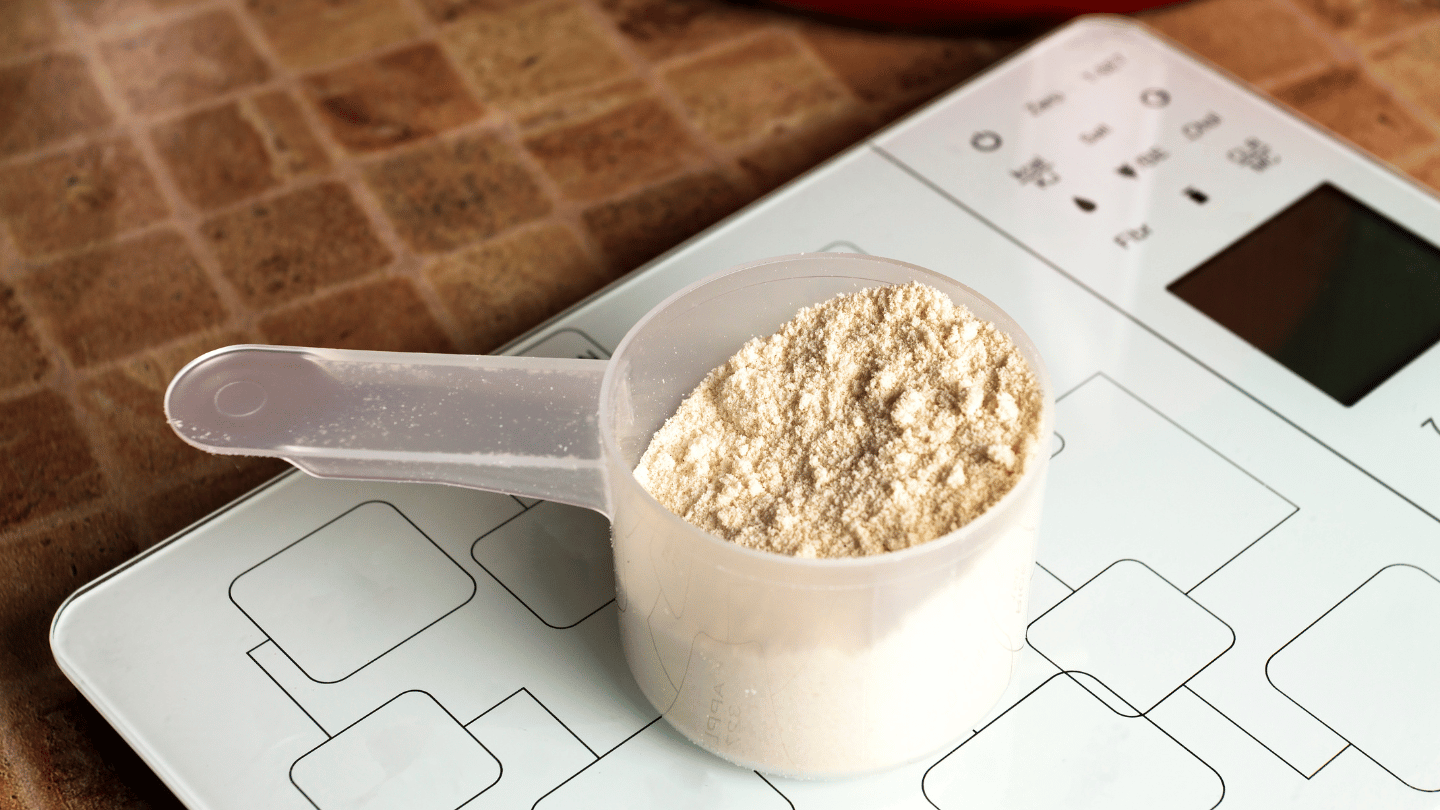

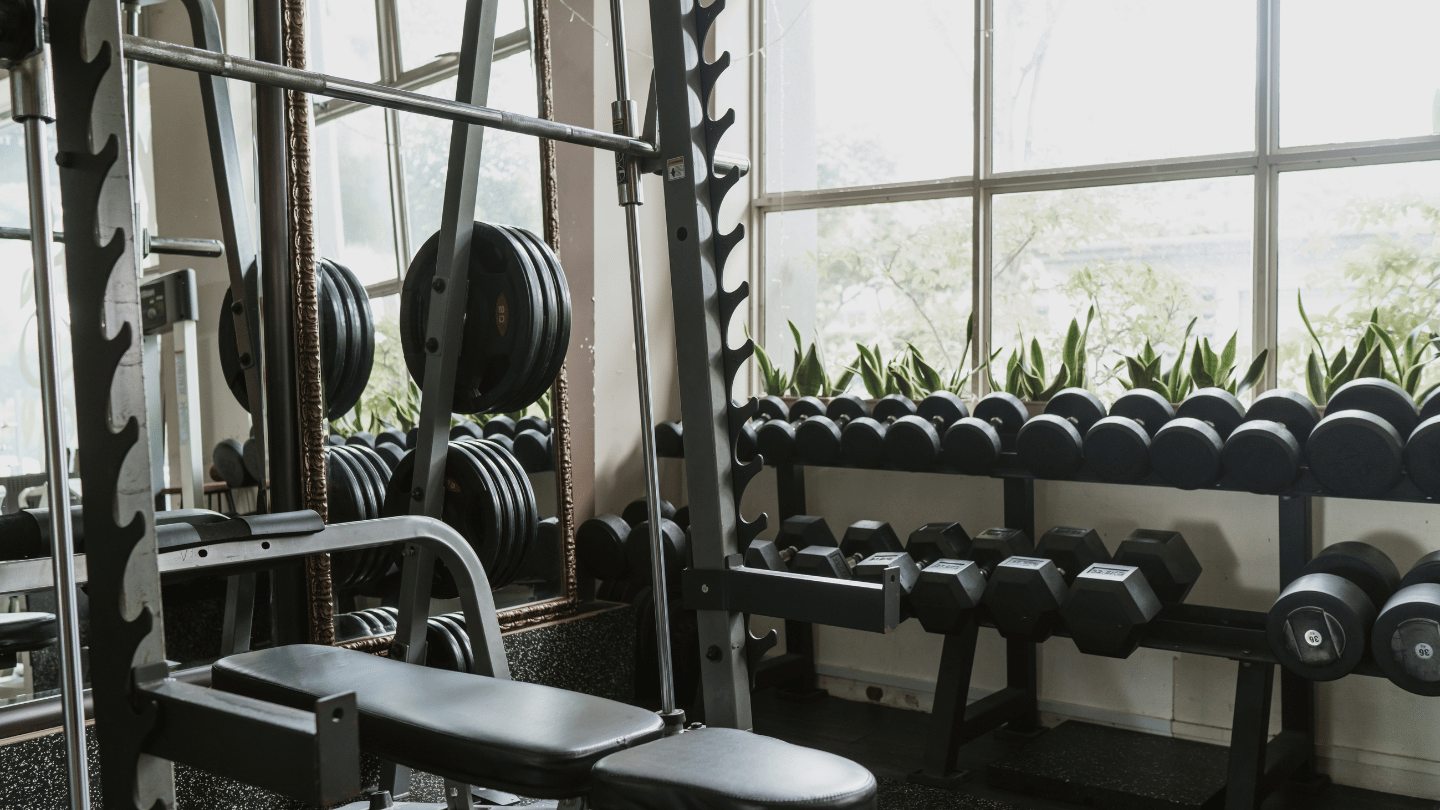
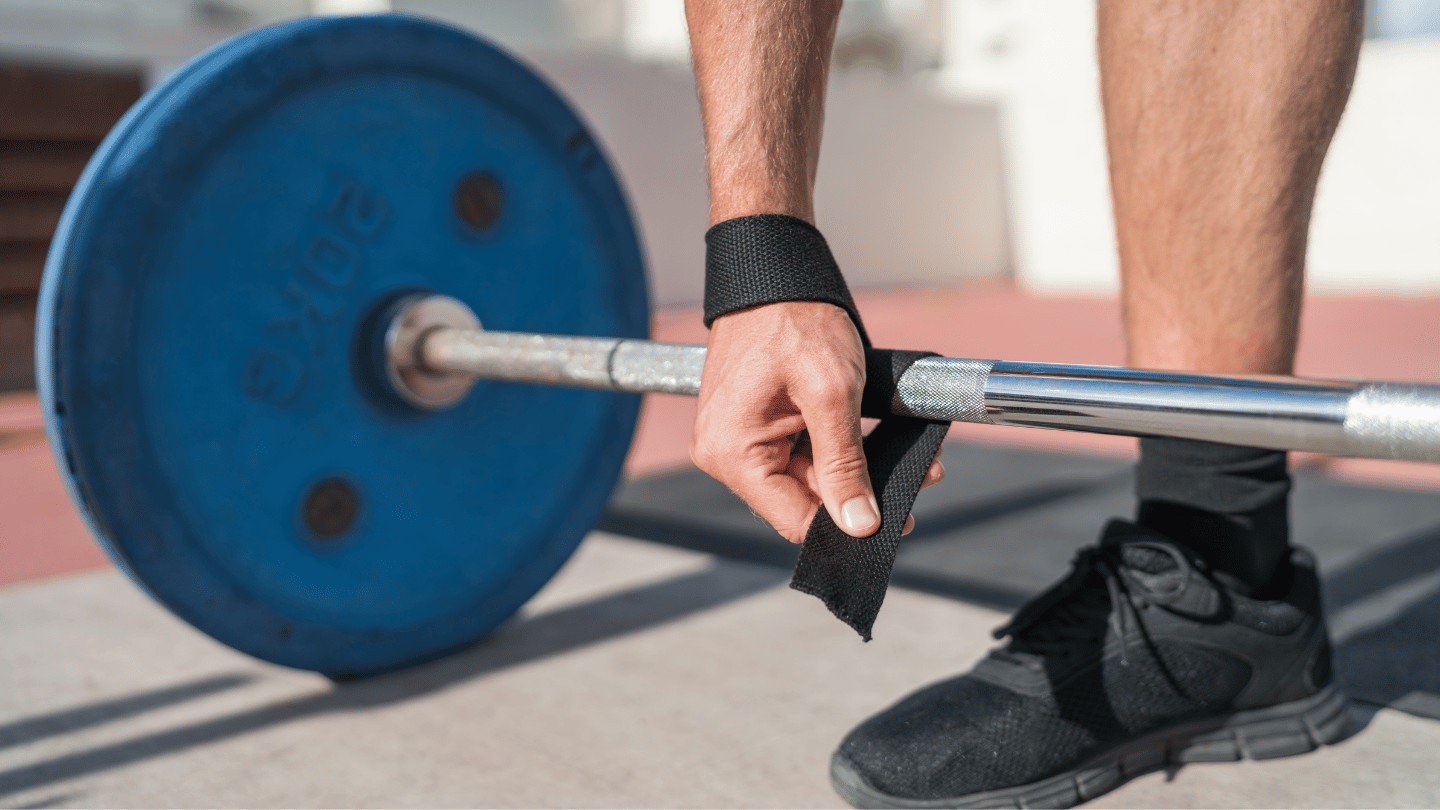


.png)
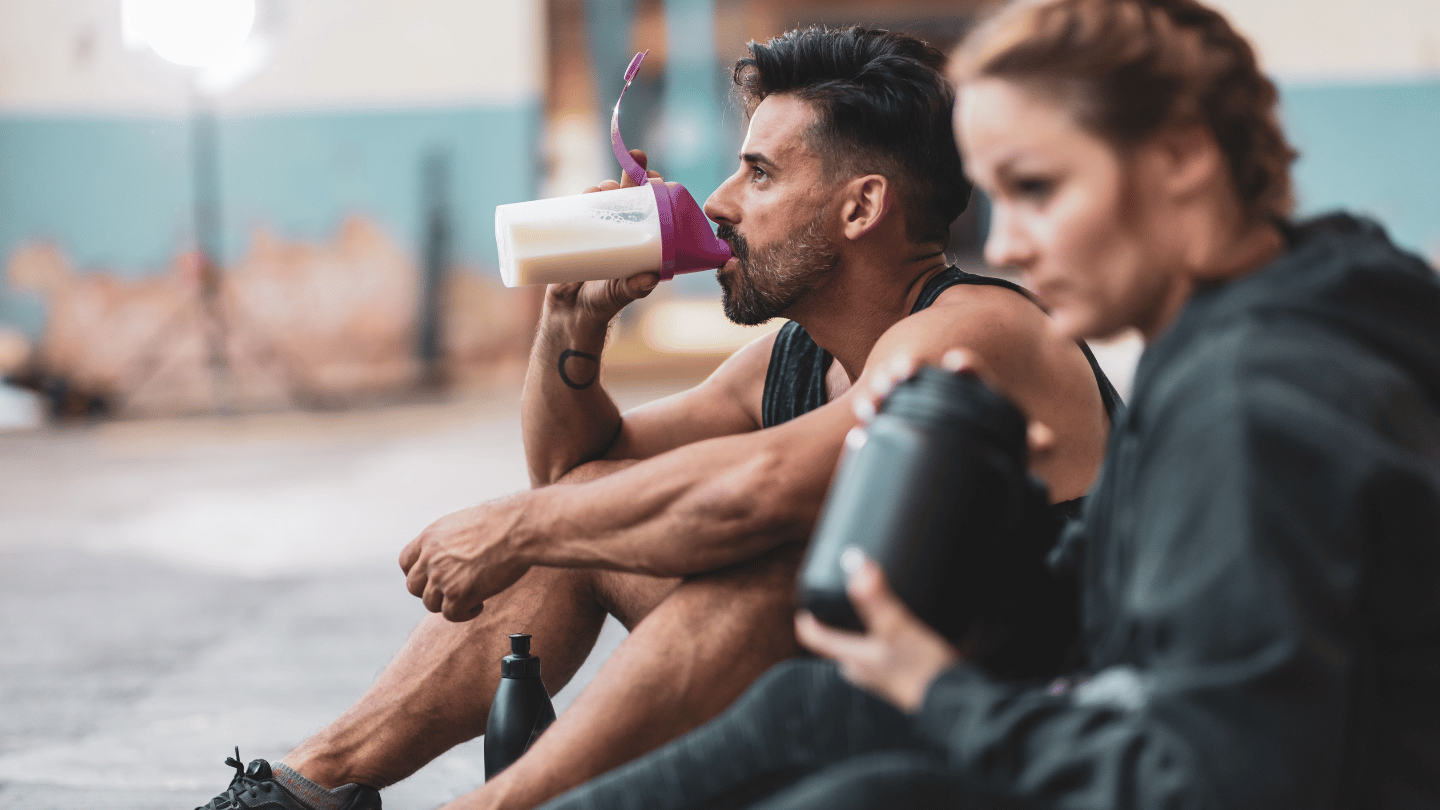
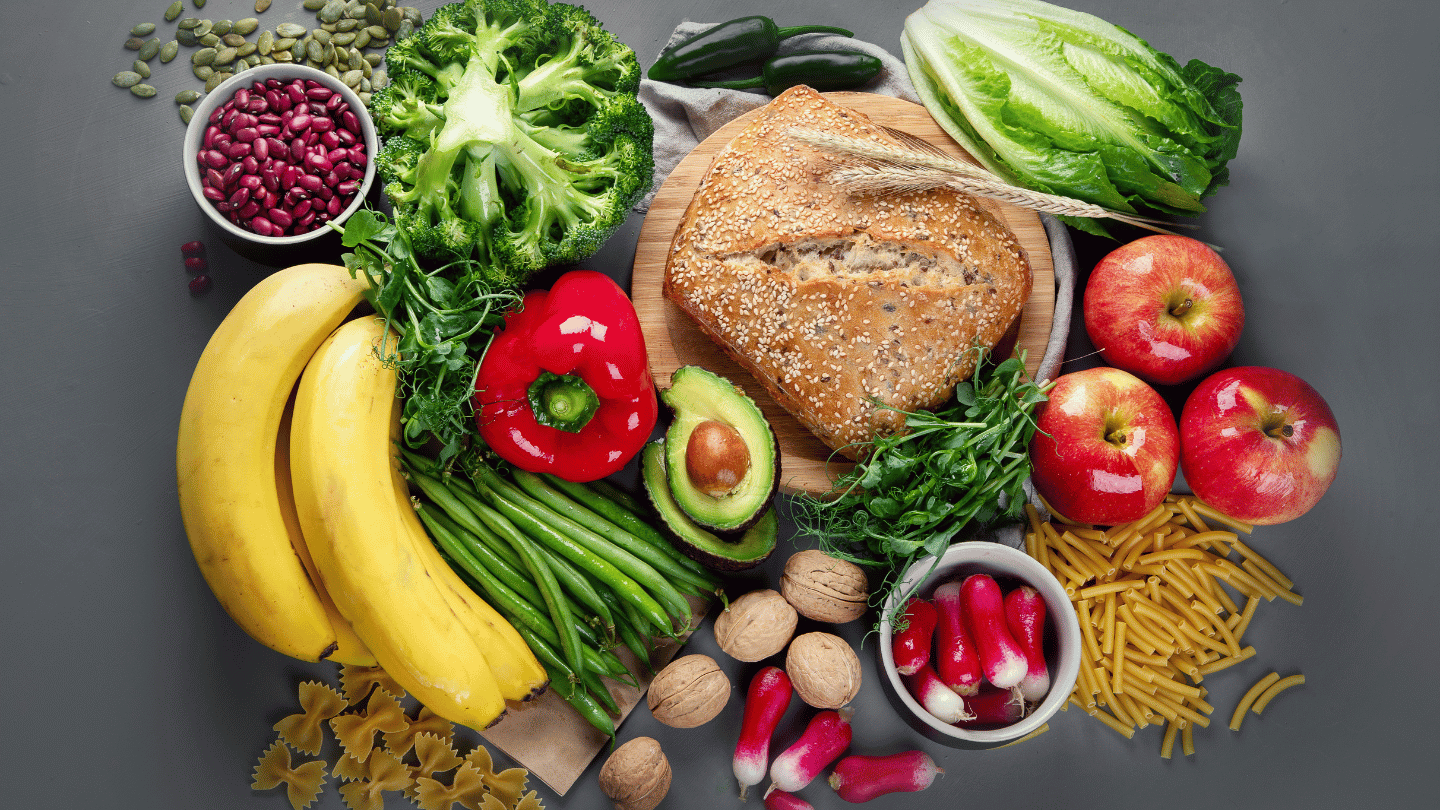









.png)




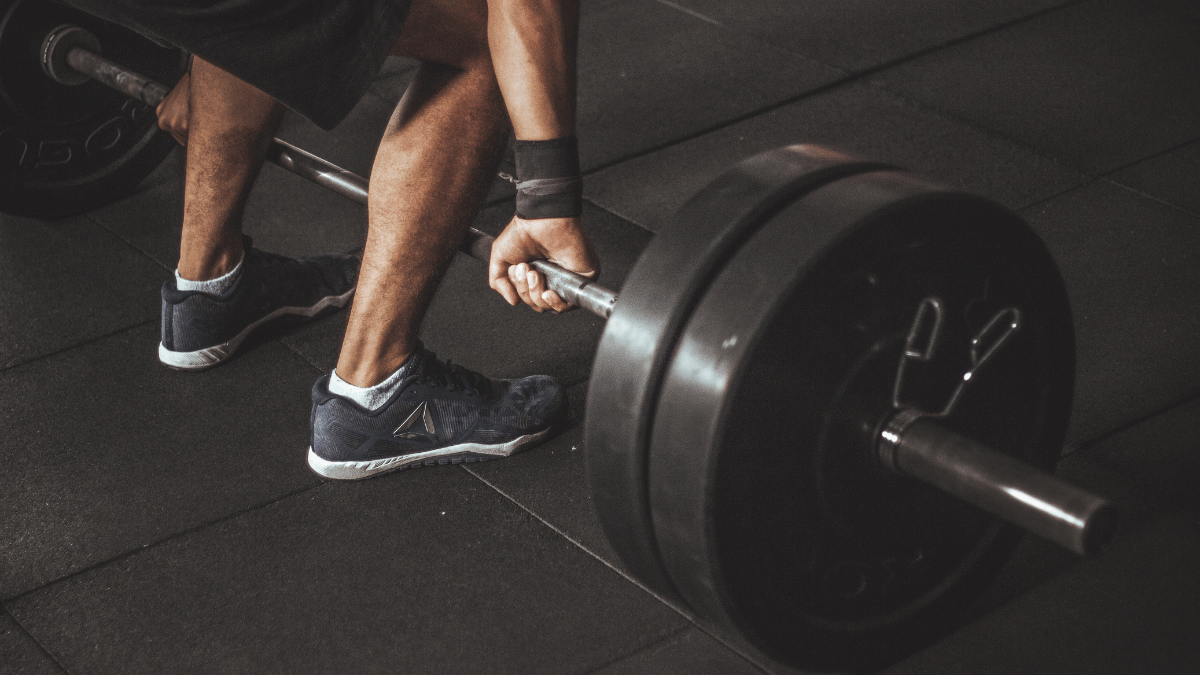





















.png)
.png)
.png)



























.png)
.png)
.png)
.png)